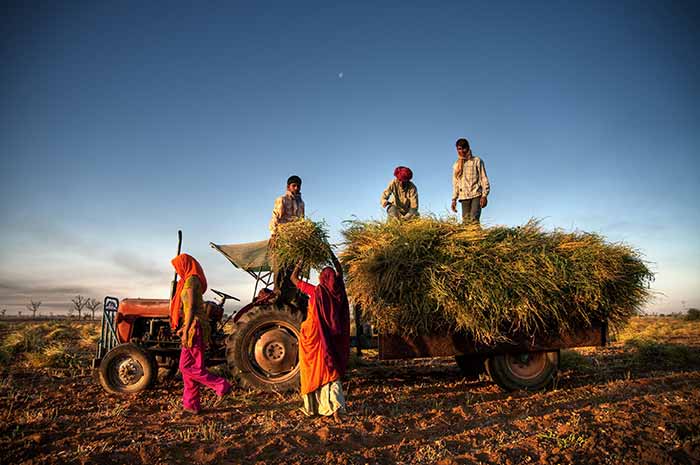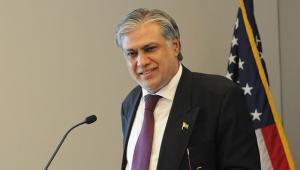farmers_india.jpg

Farmers at work in India
India’s finance minister Arun Jaitley presented the budget today and announced he will look to “transform India” through the measures such as plans to double the income of farmers in the next five years and scale up public investments in infrastructure.
He noted that India – whose growth has leapfrogged China and accelerated to 7.6% – has been hailed as a “bright spot” amidst a slowing global economy.
“Thanks to our inherent strengths and the policies of this government, a lot of confidence and hope continues to be built around India,” he continued.
“We believe in the principle that money with the government belongs to the people and we have the sacred responsibility to spend it prudently and wisely for the welfare of our people, especially the poor and the downtrodden.”
While sticking to his pledge to keep the deficit at 3.5% of gross domestic product, without borrowing more, Jaitley said the government will be focusing on enhancing its expenditure, including 250bn rupees dedicated to recapitalising government-controlled banks.
Farmers, who he dubbed the backbone of the country’s food security, will see their incomes doubled by 2022, along with a package of measures to improve irrigation. India’s rural areas are currently reeling from two years of drought.
Farmers will also see the government improve access to markets and credit, and the provision of support in the aftermath of natural disasters with updates to the assistance given under the National Disaster Response Fund.
The rural poor will also benefit from schemes to promote greater digital literacy, ensure all villages have electricity access and a number of other measures.
Focusing on rural development, allocated over $12bn by Jaitley, is thought to be a tactic to garner support from the two thirds of India’s population who live in rural areas in the run up to several state elections this year.
The government also plans to scale up its infrastructure spend and public investment to $32bn, with improvements to roads, railways, ports and airports, as well as exploring new options for oil and gas exploitation and nuclear power.
Plans to boost job creation and bring informal employees on to the books include paying 8.33% of all new employee’s pension scheme contributions for the first three years of employment for employees earning up to 15,000 rupees per month, expanding the national careers service, easing regulations for the retail sector and further tax breaks incentivising employment.
Other tax changes include relieving the tax burden on small taxpayers, removing corporate tax exemptions, a one-time dispute resolution scheme for those involved in retrospective tax disputes and tax increases for coal producers, smokers, car makers, jewellery makers and the super rich.
For the poor, Jaitley announced further social protections and support, including a $291m scheme to ensure that all households have access to cooking gas in the next three years and launched a new health protection scheme, covering up to 100,000 rupees per family with a top up of 30,000 rupees for individuals over 60.
In education, the government plans to set up a higher education financing agency with an initial budget of around $145.5m, create an additional 62 specialist schools for India’s gifted students, and enable twenty schools “to emerge as world-class teaching and research institutions” through an “enabling regulatory architecture”.
The government also announced changes to its foreign direct investment policy, its policy covering the management of government investment in public sector enterprises, and a number of financial sector reforms, as well as improvements to governance and the ease of doing business.












